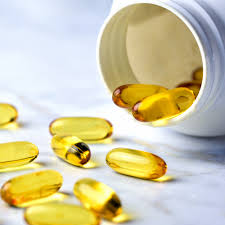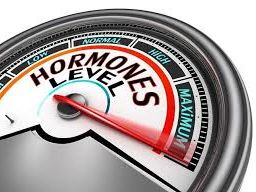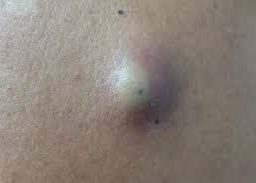
Essential Vitamin D Safety Tips for Optimal Health
In the realm of health and wellness, Vitamin d emerges as a pivotal nutrient with profound benefits. Commonly referred to as the ‘sunshine vitamin,’ its significance transcends merely bolstering bone health. Dive into our exploration of Vitamin d, delving into its sources, advantages, and optimal strategies for achieving peak levels and holistic well-being without excessive sun exposure.

Vitamin D is a crucial nutrient for overall health, supporting strong bones, a robust immune system, and various bodily functions. While sunlight is a natural source of vitamins, excessive sun exposure can damage the skin and increase the risk of skin cancer. Fortunately, there are alternative strategies for safely obtaining this essential vitamin without overexposing yourself to harmful rays. In this post, we will explore effective ways to get enough vitamin D while protecting your skin.
1. Include Vitamin D-Rich Foods in Your Diet
Increasing your vitamin D intake can be as simple as incorporating certain foods into your meals. Some natural sources of vitamins and fortified options include:
– Fatty Fish: Salmon, mackerel, and tuna are excellent sources of vitamins.
– Dairy Products: Fortified milk, yogurt, and cheese are rich in vitamins.
– Plant-Based Alternatives: For vegans or lactose intolerant individuals, fortified plant-based milk alternatives like almond milk or soy milk are available.
– Egg Yolks: Eggs, especially the yolks.
– Fortified Cereals: Check the labels of cereals and cereal bars for added vitamin D.
2. Consider Vitamin D Supplements

If it is challenging to obtain sufficient vitamins from your diet and sunlight, supplements can be a convenient and safe option. However, it is crucial to consult with a healthcare professional before starting any supplementation regimen. They can determine the appropriate dosage for your specific needs, as excessive vitamin D intake can have adverse effects on your health.
3. Optimize Sun Exposure

While excessive sun exposure can be harmful, spending a short amount of time outdoors can help your body naturally produce vitamin D. Here are some tips for optimizing sun exposure:
– Time of Day: The sun is most effective at triggering vitamin D production around midday. This is because during midday, the sun’s rays are more direct, and UVB radiation, which is necessary for the skin to synthesize the vitamin, can penetrate the atmosphere more effectively. When the sun is lower in the sky, such as in the early morning or late afternoon, the UVB rays have to pass through more of the atmosphere, which can reduce their intensity and hinder vitamin D production. However, it’s important to balance sun exposure with sun protection to avoid the harmful effects of excessive UV radiation. Spend 10-15 minutes in the sun during this time, exposing your arms, legs, and face.
– Monitor the UV Index: Check the UV index in your area before going outside. Vitamin production is most efficient when the UV index is higher.
– Protective Clothing: If you plan to be outdoors for an extended period, wear protective clothing like long-sleeved shirts, pants, and wide-brimmed hats to reduce direct sun exposure.
– Seek Shaded Areas: During peak sun hours, find shaded areas to enjoy the outdoors without overexposing your skin.
4. Regular Health Check-ups

To ensure that you maintain adequate vitamin D levels, consider getting your vitamin levels checked periodically through blood tests. A healthcare professional can help you interpret the results and make necessary adjustments to your lifestyle or supplementation.
Finding the right balance between obtaining enough vitamins and protecting your skin is crucial for overall health. By including vitamin D-rich foods in your diet, considering supplements under professional guidance, and optimizing sun exposure, you can safely meet your vitamin D needs while safeguarding your skin. Always consult with a healthcare provider to develop a personalized plan that suits your individual circumstances.
Disclaimer: The information provided in this content is for general informational purposes only. It is not intended as medical or healthcare advice, diagnosis, or treatment. Always seek the advice of a qualified healthcare professional with any questions you may have regarding a medical condition or healthcare decisions.

















[…] When empty calories replace nutrient-rich options in our diet, we miss out on essential vitamins, minerals, and other beneficial compounds necessary for optimal health. This can result in various […]